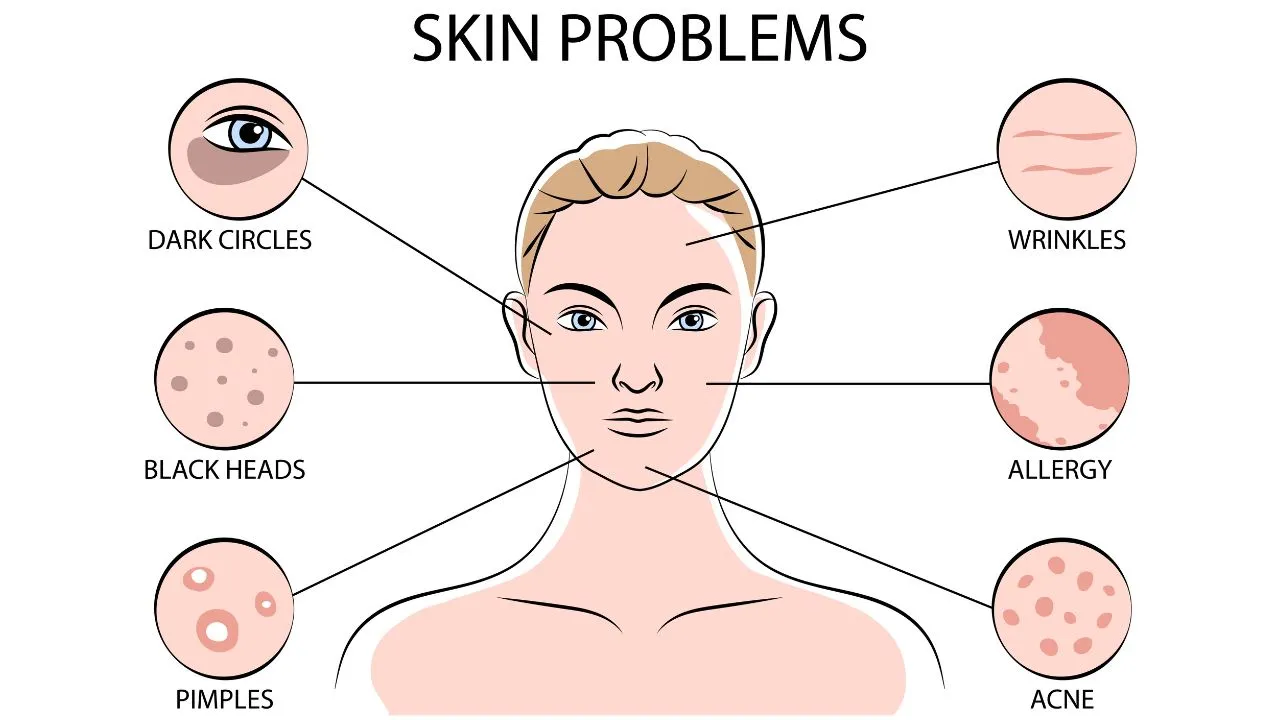Browsing Skin Cancer Treatment: The Essential Duty of Mohs in Modern Dermatology Practices
Skin cancer, a complicated medical diagnosis, commonly leaves clients grappling with many therapy options. As we check out the details of this procedure, one will certainly value its pivotal role in skin cancer cells treatment.
Comprehending Skin Cancer: Kinds and Dangers
There are three major kinds of skin cancer: Basal cell cancer, Squamous cell cancer, and Cancer malignancy. It accounts for just regarding 1% of skin cancer cases yet creates the substantial majority of skin cancer fatalities. Threat aspects include fair skin, background of sunburn, too much sunlight exposure, living at high altitudes or shut to the equator, having lots of moles, a household history of skin cancer, and damaged immune system.
What Is Mohs Surgery and Just How It's Changing Skin Cancer Cells Treatment
Regardless of the numerous treatments presently available for skin cancer, Mohs surgical procedure stands out as a groundbreaking and very reliable service. Named after Frederic E. Mohs, the medical professional that created the procedure, Mohs surgical procedure is a specific surgical method used to treat skin cancer cells. This level of accuracy, integrated with the capability to save as much healthy cells as feasible, is revolutionizing skin cancer cells treatment.
The Advantages of Mohs Surgical Procedure Over Traditional Skin Cancer Therapies
Building on the ingenious nature of Mohs surgical procedure, it's crucial to consider its many benefits over conventional skin cancer cells treatments. Unlike conventional treatments, Mohs offers a higher treatment price, frequently getting to 99% for new therapies and 94% for reoccurring cancers cells. In addition, it lessens damage to healthy and balanced skin, leading to less scarring and enhanced aesthetic end results.
The Treatment of Mohs Surgical Procedure: What to Expect During the Process

Possible Negative Effects and Post-Operative Treatment of Mohs Surgery
Undertaking Mohs surgery, like any type of various other surgical treatment, involves prospective side effects that individuals need to understand. Typical negative effects include pain, wounding, and swelling at the surgery site. Nevertheless, these are usually short-lived and manageable with over the counter discomfort medicine and ice packs. In unusual instances, patients may experience infection, bleeding, or a sensitive response to the neighborhood anesthetic. Post-operative care is important to recovery and decreasing side effects. This generally includes keeping the wound tidy and dry, taking proposed medicines, and preventing arduous tasks. Patients should also attend all follow-up visits for wound care and monitoring. Sometimes, added therapies might be necessary to make sure total removal of the cancerous cells. Sticking to these post-operative care guidelines can considerably boost recuperation and results.
Verdict
